Leftover Link
Awards: 2023 Insite No Code Hackathon 3rd Place
Team: Russell Peng, Avery Seo, Justin Matthews
Role: UI/UX Designer
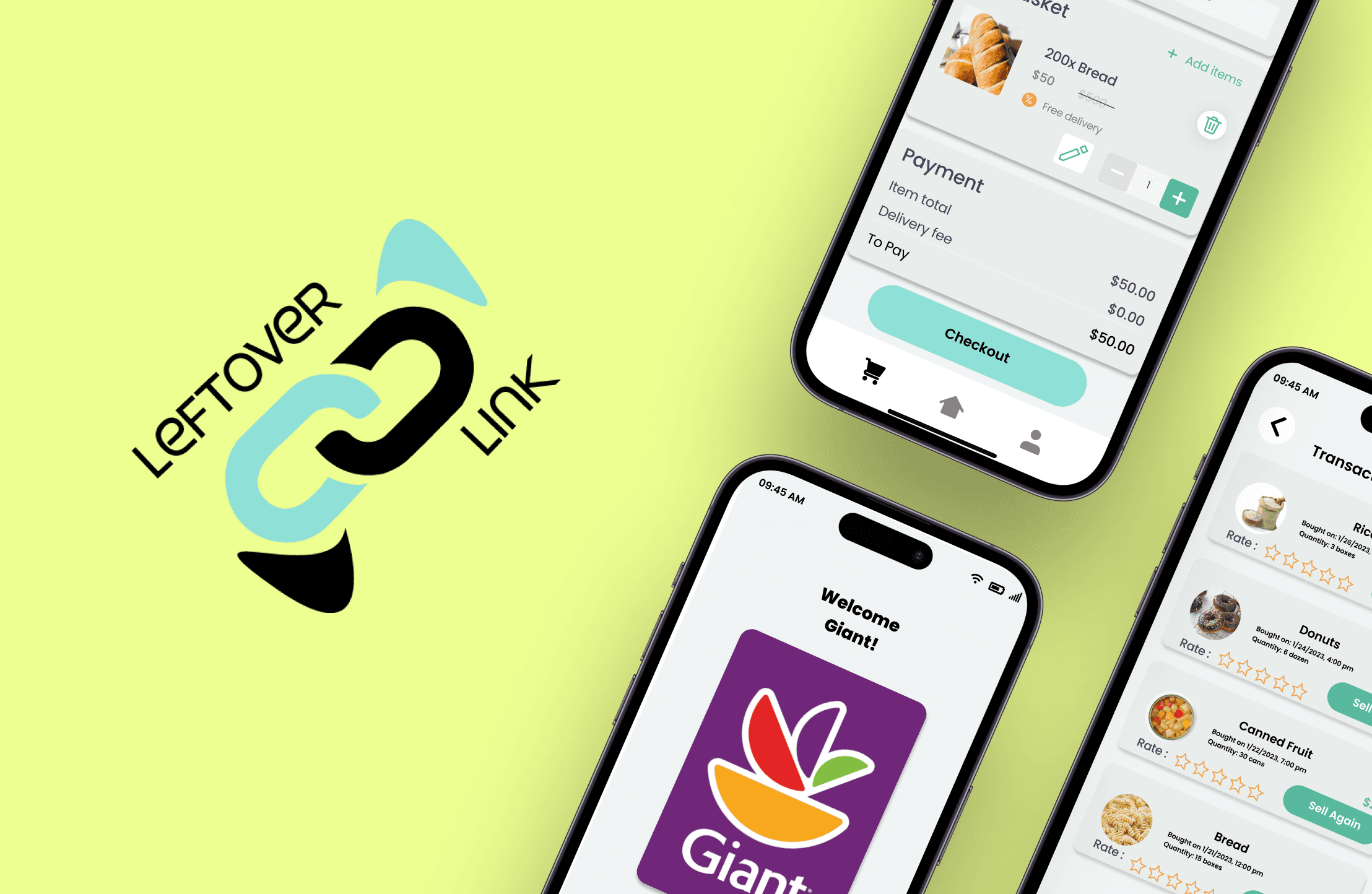
01
Problem Statement
Food waste is a significant global issue, affecting 47 million people worldwide who struggle to access enough food. In both grocery stores and the restaurant industry, a staggering amount of surplus food goes to waste—85% of unused food in restaurants is discarded, while grocery stores contribute millions of tons of edible food to landfills each year. This not only exacerbates environmental damage but also represents a missed opportunity to alleviate hunger and address food insecurity on a global scale.
02
Solution
An app that seeks to reduce food waste by connecting grocery stores and restaurants with NGOs.
Initial Wireframes

Login User Flow





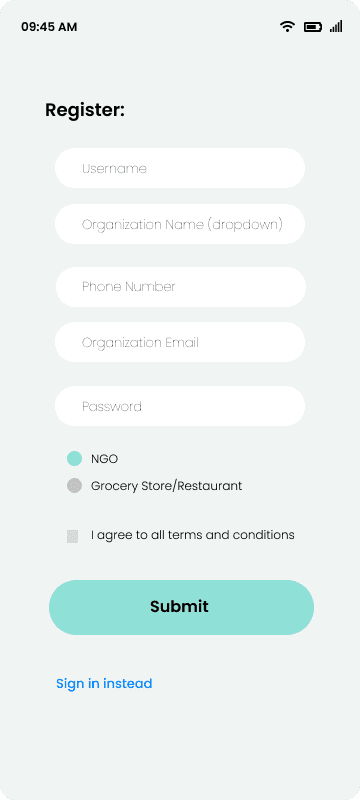
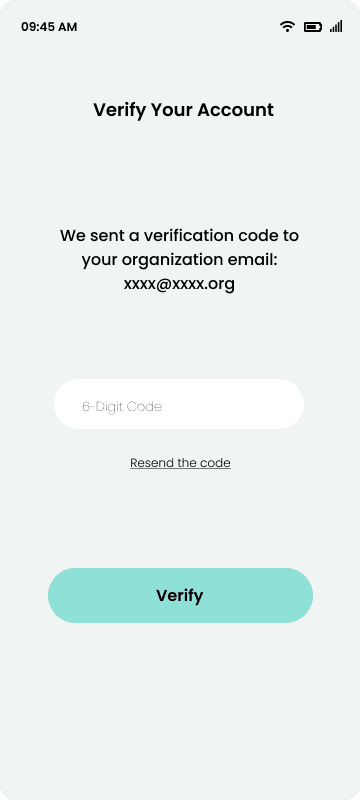

Grocery Store/Restaurants User Flow
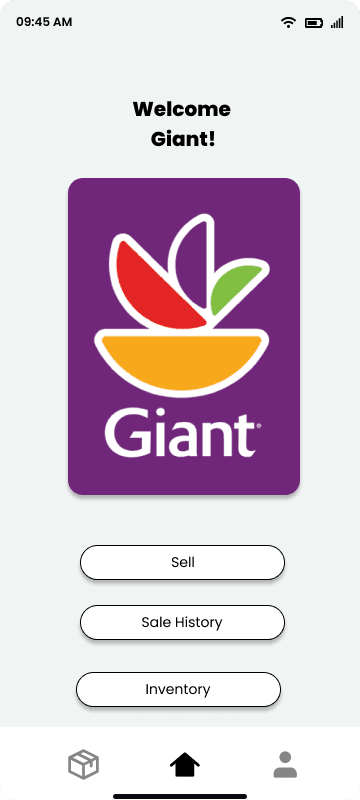
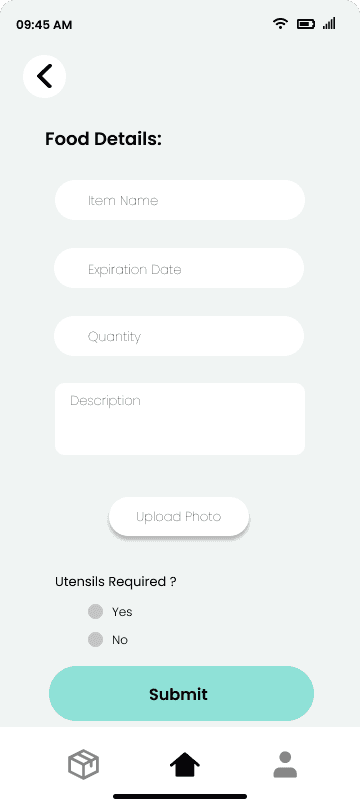
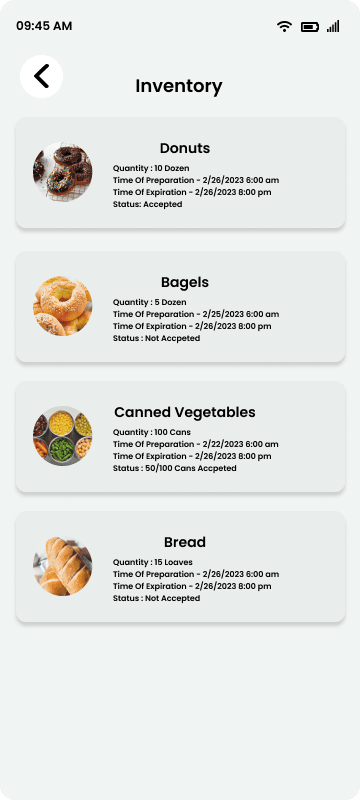
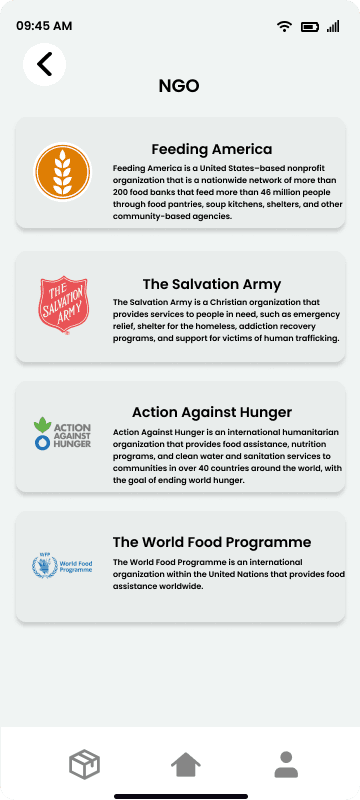
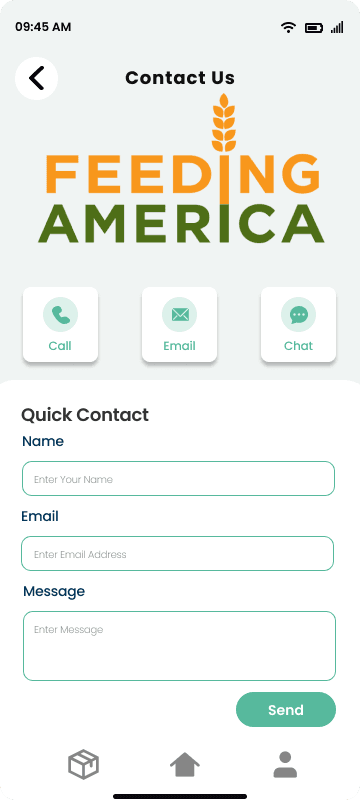
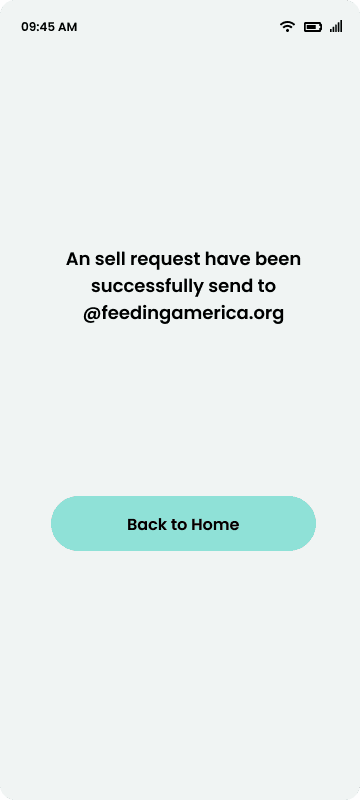
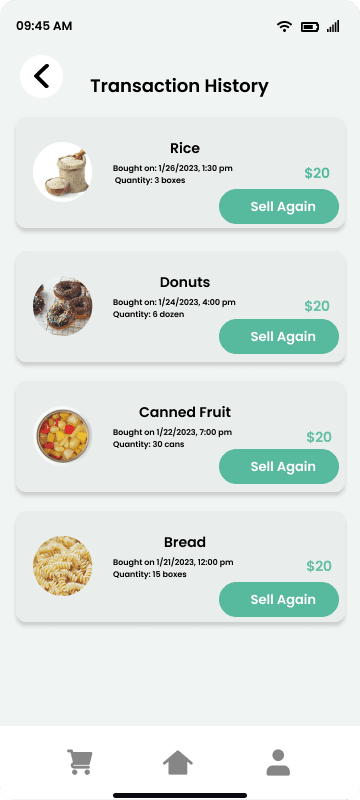
NGOs User Flow

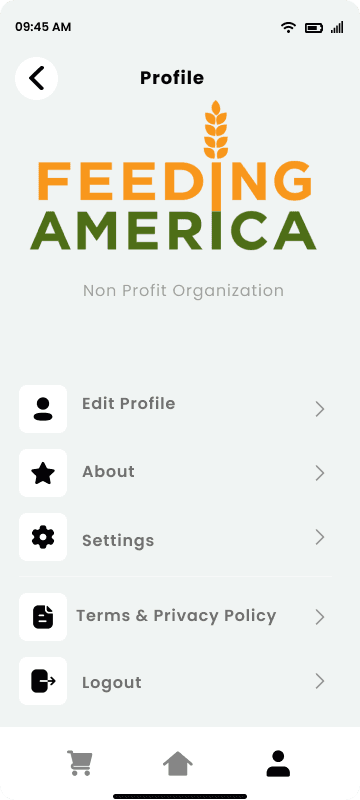
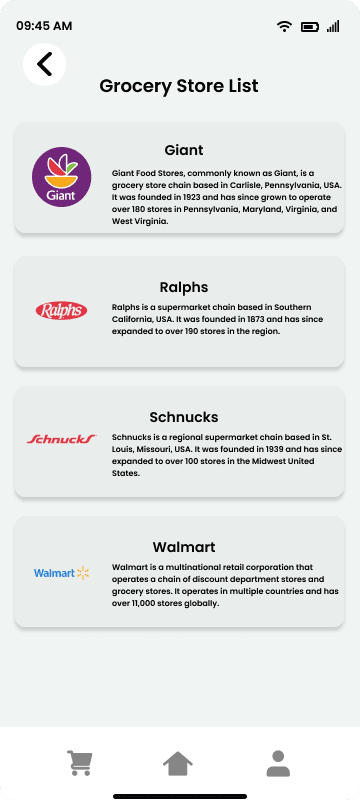
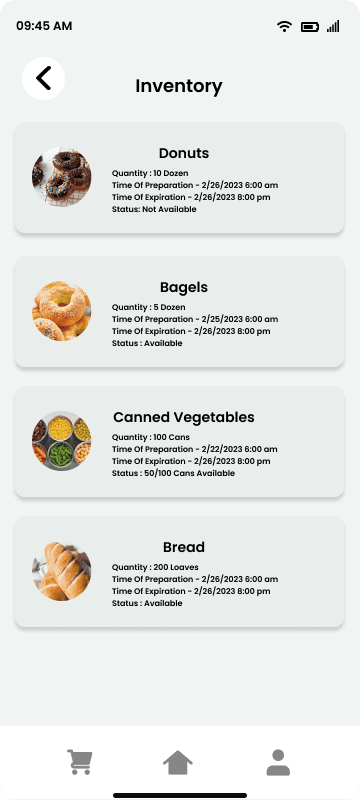

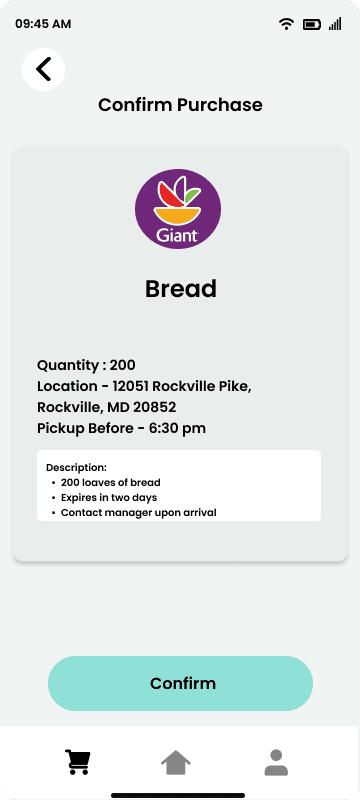
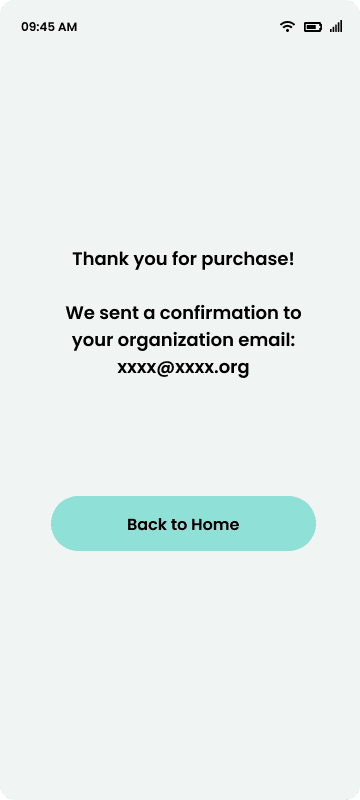

03
Target Market
Large nationwide grocery chain stores and restaurant franchises
Large and local NGOs
Why Us? Grocery Stores/Restaurants
Improved Public Image
Corporate Social Responsibility (CSR): In an age where consumers are increasingly value-driven, participating in a food-waste reduction initiative shows a commitment to sustainability and community well-being. This boosts the brand's reputation as environmentally and socially conscious.
Positive Press and Marketing: Actively combating food waste can attract media coverage and give you a platform to promote your ethical business practices. Your business becomes associated with "doing good," which helps foster customer loyalty.
Customer Trust: Consumers are more likely to support businesses that demonstrate real-world impact. By partnering with NGOs to reduce food waste, you build trust with eco-conscious shoppers.
More sales and reduced losses
Maximizing Product Lifecycle: Instead of unsold inventory going to waste, you can distribute it through the app, ensuring that more of your stock is utilized, which leads to fewer losses and greater profit margins.
Efficiency in Stock Management: By donating food that would otherwise be discarded, you also optimize inventory management, freeing up space and resources for fresher products and reducing the costs associated with waste disposal.
Increased Foot Traffic and Sales: A strengthened brand image, combined with positive community involvement, could translate into increased customer foot traffic. People are more likely to support businesses that align with their personal values.
Government tax breaks
Financial Incentives: Donating surplus food to registered NGOs often qualifies for government tax breaks or rebates, allowing you to recoup part of the costs associated with production and transportation. This not only helps with cutting down on losses but can also lead to meaningful financial savings over time.
Regulatory Compliance: Food waste laws are tightening in many regions. Your app helps businesses stay ahead of the curve, ensuring compliance with these regulations while reaping financial rewards.
Why Us? NGOs
Affordable Food - Can give away more food at better margins
Lower Operational Costs: Access to more affordable food through partnerships with grocery stores and restaurants allows NGOs to stretch their budgets further. They can allocate resources to other essential areas, such as logistics, staff, and outreach.
Scaling Up Donations: With consistent access to surplus food at low or no cost, NGOs can distribute more food to those in need, widening the scope of their social impact and reaching more communities.
Diversity - More food options
Variety for Beneficiaries: Collaborating with a diverse range of stores and restaurants allows NGOs to provide a more varied and nutritious selection of food to their beneficiaries, improving the quality of the aid they offer.
Enhanced Meal Programs: NGOs can now offer a wider range of products (e.g., fresh produce, bakery items, cooked meals), which allows them to cater to different dietary needs and preferences, enhancing the dignity and well-being of those they serve.
Goal Synergy - Economic, environmental, and humanity goal overlap
Environmental Sustainability: Both NGOs and food businesses have shared goals when it comes to reducing food waste and minimizing their environmental footprint. The app enables them to collaboratively address this issue, reducing greenhouse gas emissions from food waste and contributing to broader sustainability efforts.
Social and Economic Impact: This collaboration aligns with NGOs’ missions to provide food to underserved communities while helping grocery stores/restaurants reduce food waste. It's a win-win in terms of social and economic outcomes, creating a ripple effect that benefits society as a whole.
Mutual Strengthening of Impact: By working together, both businesses and NGOs can amplify their impact. Grocery stores and restaurants reduce losses while improving community relations, and NGOs have access to a reliable stream of food donations, fostering greater social good.